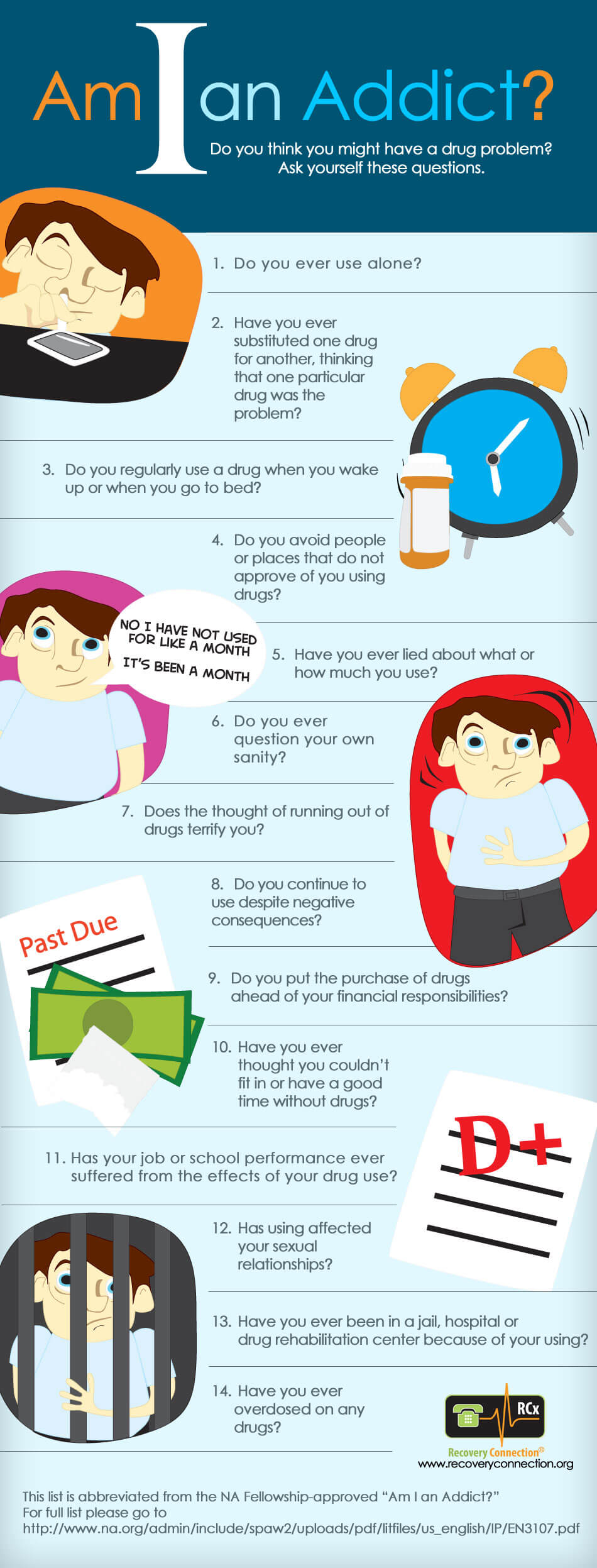Learn Exactly How To Construct A Solid Aftercare Strategy After Drug Rehabilitation And Attain Lasting Success
Learn Exactly How To Construct A Solid Aftercare Strategy After Drug Rehabilitation And Attain Lasting Success
Blog Article
Content Writer-Lawson Park
You've completed drug rehabilitation, and now it's time to develop a successful aftercare strategy to guarantee your lasting recovery.
Photo this: you're a person established to remain tidy and construct a fulfilling life. This write-up will guide you via recognizing continuous support group, incorporating treatment and therapy, and creating healthy coping mechanisms.
With these methods, you'll be geared up to thrive in your trip of soberness.
Allow's start.
Identifying Ongoing Support Systems
You should identify at least three ongoing support group to make sure an effective healing after drug rehabilitation.
The very first support system is your family and friends. They can provide emotional support, motivation, and help you remain answerable. They can also offer a risk-free and understanding setting where you can share your struggles and success.
The second support group is your specialist or counselor. They can help you work through any underlying concerns that may have contributed to your addiction and supply guidance on just how to stay clear of regression. They can also instruct you dealing mechanisms and healthy ways to take care of stress and anxiety.
The 3rd support group is a support system or a sober neighborhood. Being bordered by supplemental resources that are going through comparable experiences can be unbelievably advantageous. They can offer a feeling of belonging, comprehending, and deal beneficial advice and assistance.
Incorporating Therapy and Therapy
To achieve a successful recovery, it's important for you to proactively participate in therapy and therapy sessions, along with include them into your ongoing support group. By doing so, http://porter29winston.jigsy.com/entries/general/Smashing-Shackles-An-Overview-To-Reclaiming-Your-Life-With-Effective-Drug-Rehabilitation can maximize the advantages of these therapy modalities and raise your opportunities of keeping long-term soberness.
Here are some vital reasons why incorporating therapy and counseling into your aftercare plan is important:
- ** Emotional Support: ** Therapy and counseling offer a safe space for you to share your thoughts, feelings, and struggles related to your dependency. It enables you to work through any type of unsettled problems and develop healthy coping devices.
- ** Slip back Prevention: ** These sessions equip you with the necessary tools and techniques to avoid regression. They help you recognize triggers, develop coping abilities, and develop a strong foundation for managing food cravings and anxiety.
- ** Personal Growth: ** Treatment and counseling promote personal growth and self-discovery. They assist you gain insight right into the underlying sources of your dependency, boost self-confidence, and establish much healthier partnerships.
Creating Healthy And Balanced Coping Mechanisms
Throughout treatment and therapy sessions, it's important to proactively work with creating healthy coping mechanisms in order to properly handle stress and obstacles.
You need to determine and recognize your triggers, those points that trigger you distress or anxiousness. By identifying these triggers, you can create strategies to handle them in a healthy and balanced means. This may involve exercising deep breathing exercises, engaging in physical activity, or discovering a creative electrical outlet to express your emotions.
It is essential to likewise border yourself with a strong support group of loved ones that can offer motivation and guidance.
Furthermore, self-care tasks such as getting enough sleep, eating well, and practicing leisure strategies can significantly contribute to your total well-being.
Verdict
In the trip in the direction of recovery, producing a successful aftercare strategy resembles tending to a fragile garden. Just as a garden enthusiast nurtures each plant with treatment and attention, so as well have to one cultivate continuous support group, include therapy and counseling, and establish healthy coping mechanisms.
By doing so, the seeds of recuperation will bloom right into a flourishing garden, providing a solid foundation for a brighter, drug-free future.
